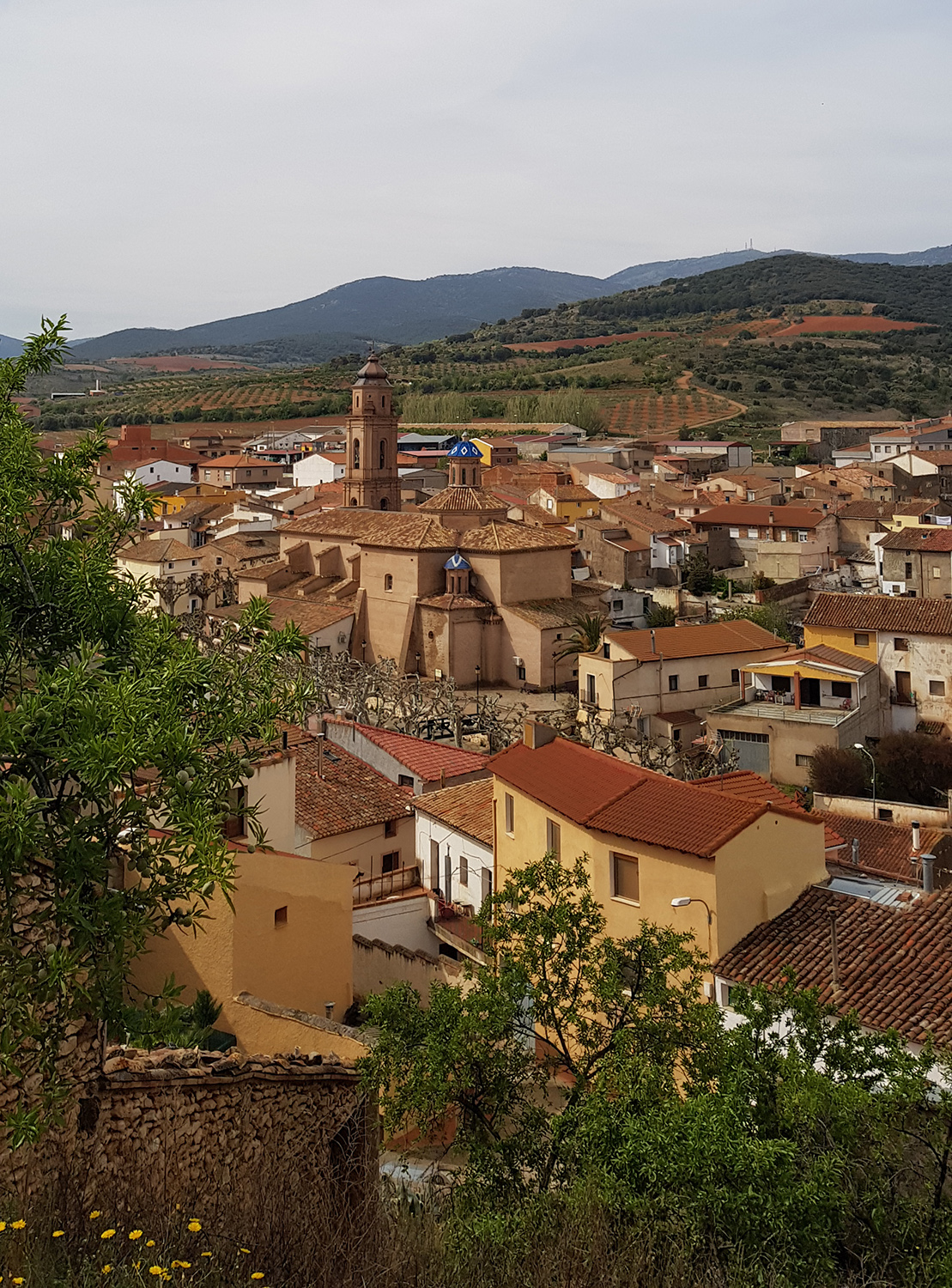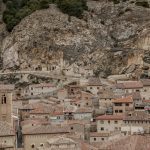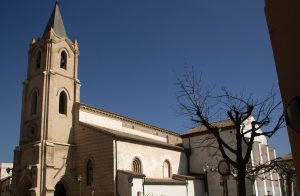

Monuments



The shelter
On a nearby hillside the ruins of the castle can be seen, built as a refuge from the threats of Castilian invasion in the 14th century. As was the case with other castles in Aragon, a church was constructed inside it. In the most strategic corner is the symbol of Cosuenda: the fortified tower of La Lisalta.
The fortified tower of La Lisalta
The building was designed with openings covered by round arches typical of bell towers, leading some to theorize that this might have been the bell tower of the long-gone church. The pointed interior arch, which is also made of brick, over the elevated entryway also remains intact. Nearby, the remains of sturdy masonry walls, which may have been part of a small inner fortress to defend the isolated tower, can still be found.
Other points of historical and artistic interest include the Baroque church of Nuestra Señora de los Ángeles, a number of noble residences, such as the home of the pianist Pilar Bayona, and other buildings like the old inn, which once housed the chapel of San Juan but is currently used as the city hall. The old storerooms carved into the rock near the top of the town also have historical value.
With a square floor plan measuring some 5 meters per side, its masonry walls are reinforced with brick in the corners and the upper section is made entirely of brick in the Mudejar style. Structural problems were solved in the recent restoration and part of the tower was rebuilt.
The building was designed with openings covered by round arches typical of bell towers, leading some to theorize that this might have been the bell tower of the long-gone church. The pointed interior arch, which is also made of brick, over the elevated entryway also remains intact. Nearby, the remains of sturdy masonry walls, which may have been part of a small inner fortress to defend the isolated tower, can still be found.
Other points of historical and artistic interest include the Baroque church of Nuestra Señora de los Ángeles, a number of noble residences, such as the home of the pianist Pilar Bayona, and other buildings like the old inn, which once housed the chapel of San Juan but is currently used as the city hall. The old storerooms carved into the rock near the top of the town also have historical value.
Information
City council: 976 627 081
www.ayto-cosuenda.com
WOULD YOU LIKE TO LEARN MORE?
Zaragoza Tourism Office
www.turismodezaragoza.es
Ruta del Vino Campo de Cariñena
www.rutadelvinocampodecarinena
Territorio Mudéjar Network
The city council has been a founding member of Territorio Mudéjar since September 13, 2018.
Mudejar Territory Projects in Consuenda
Monuments | See the project
Pedagogy | See the project
Mudetrad Project | See the project
Cosuenda in the social media
Facebook: @turismocampodecarinena @rutadelvinocampodecarinena
Instagram:@turismo_carinena @rvpcampocarinena











